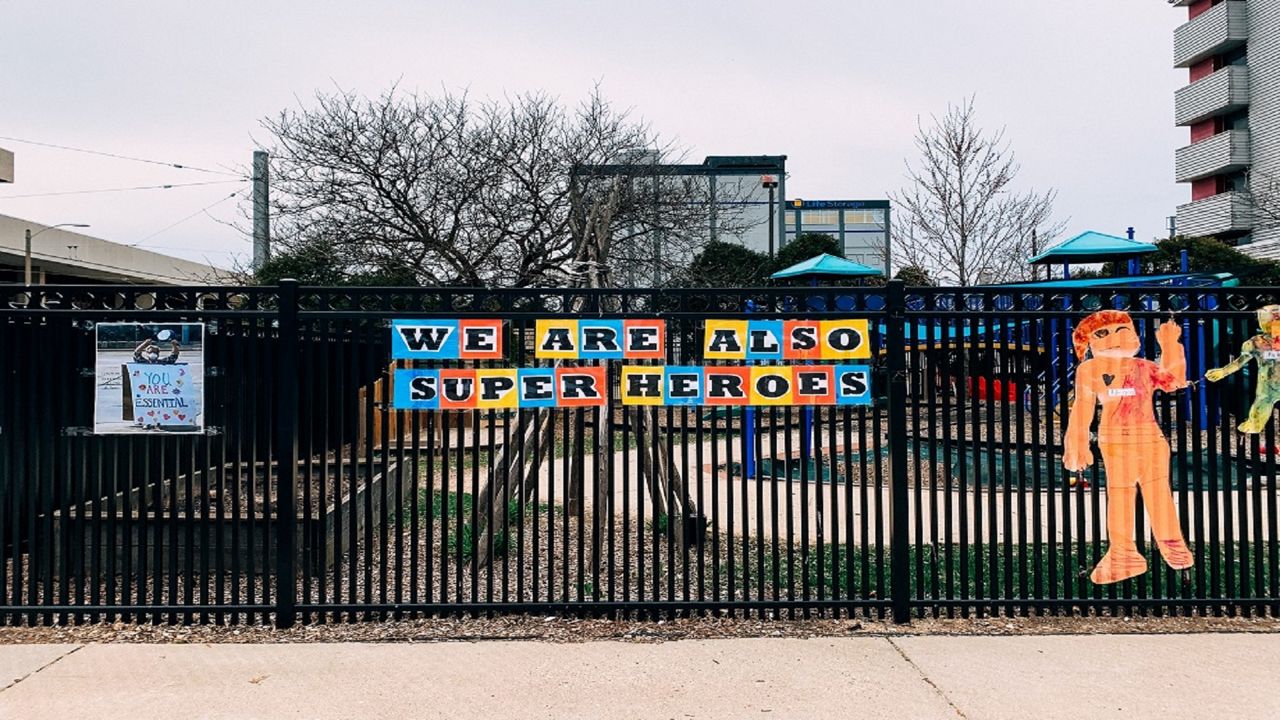MILWAUKEE (SPECTRUM NEWS) — As the global spread of COVID-19 has transformed our world, we’ve all been living through history these past few months. For one professor at the University of Wisconsin-Milwaukee, the pandemic has created an opportunity to document that history as it occurs.
“It has been remarkable to see how everyone has experienced the same thing,” says Christopher D. Cantwell, an assistant professor of public history at the University of Wisconsin-Milwaukee. “I don’t think we can say that’s been true for a very long time.”
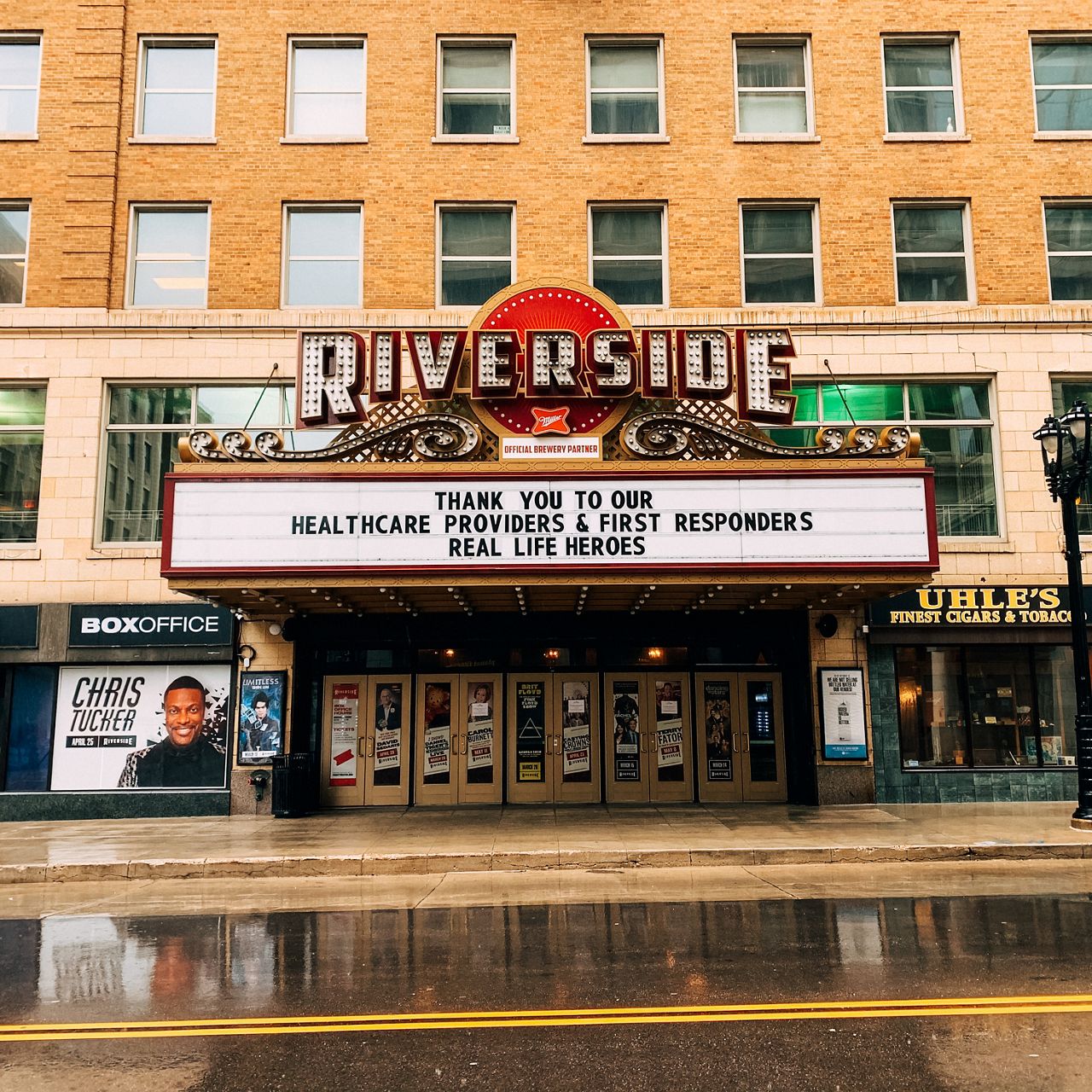
In mid-March, Cantwell and some of his students launched COVID-19 MKE — a digital archive documenting “how ordinary Milwaukeeans experienced this extraordinary time,” as the website says. The site displays photos, videos, screenshots, and stories submitted by Milwaukee-area residents.
Since starting the archive, Cantwell says they’ve collected about 700 contributions from around 250 different community members. From memes to emails, cat pictures to video interviews — and more recently, protest photos — each chronicles a piece of the local COVID-19 experience.
Cantwell says the project began as “one part inspiration, one part desperation.” On a practical level, when the school canceled in-person classes for the spring, he needed to find a new and distance-learning-friendly project for his graduate students. Plus, when the scale of the pandemic became clear, he realized how valuable it would be to document the moment for the future.
“When these community moments are happening, local institutions of memory activate themselves and say, ‘We want to make sure we remember this,’” Cantwell says.
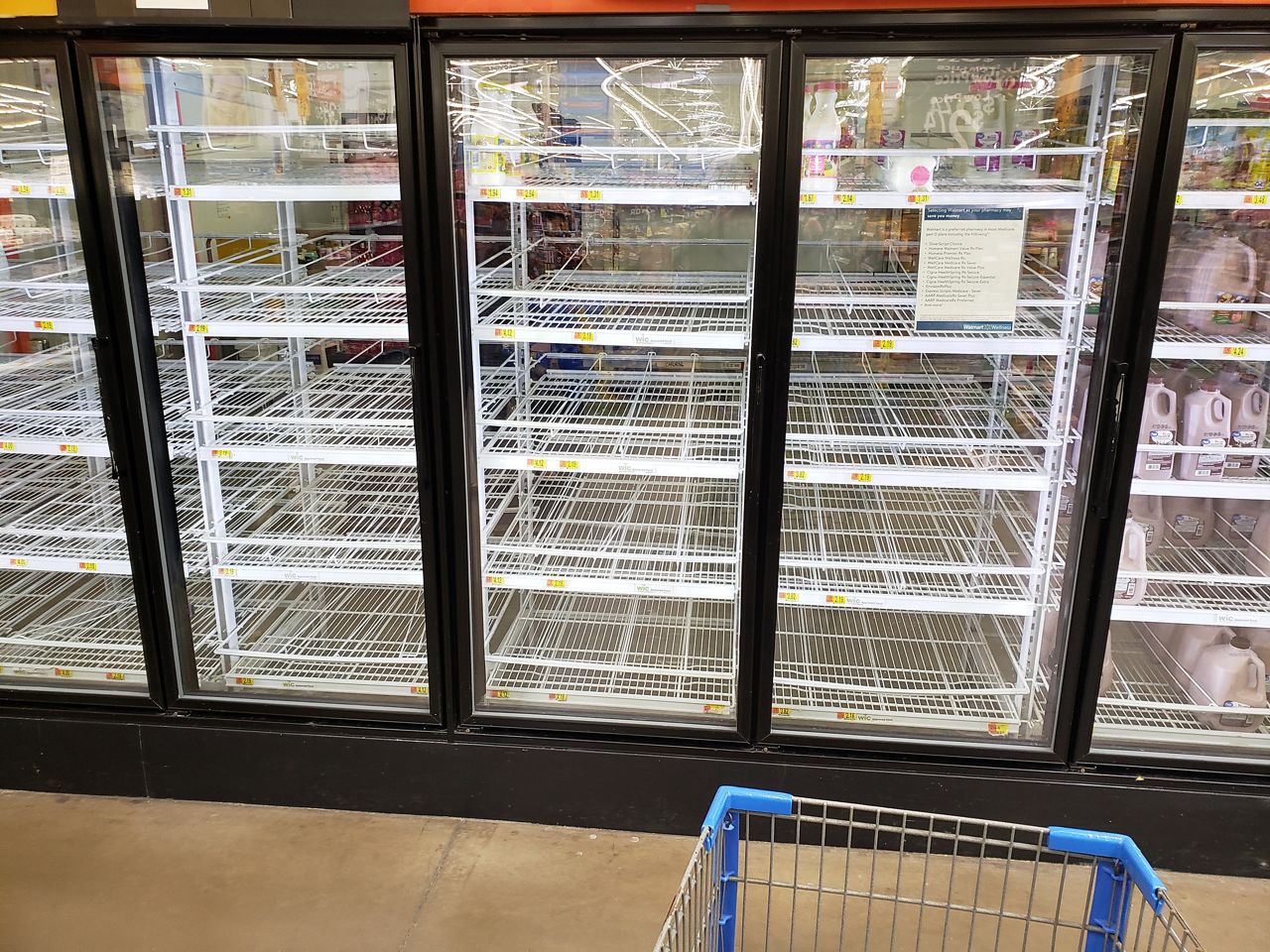
Once the site was up and running, the team saw a flood of initial contributions, Cantwell says. People were eager to document the way the world was shutting down around them as the pandemic spread. Many of these early images are familiar: barren toilet paper shelves, boarded-up businesses, deserted city streets.
Ann Hanlon, the head of digital collections and initiatives at UW-Milwaukee, helped find a home for the digital archive on the library’s server. She says for her, the buildup of similar images in the archive has made them even more meaningful.
“At first you think, OK, well, it's another picture of an empty grocery store aisle,” Hanlon says. “But really, the impact is in that repetition. That this is a dominant image of spring 2020.”
Some of the materials are also quite personal, as residents have shared family photos, hospital selfies, and even diary entries. (“The world is crazy. A sicnes caled the corona viris is going around,” a third-grader writes in a page shared from his journal.)
For both Hanlon and Cantwell, one of the most impactful pieces in the collection is a story from an essential worker who refers to herself as Nancy.
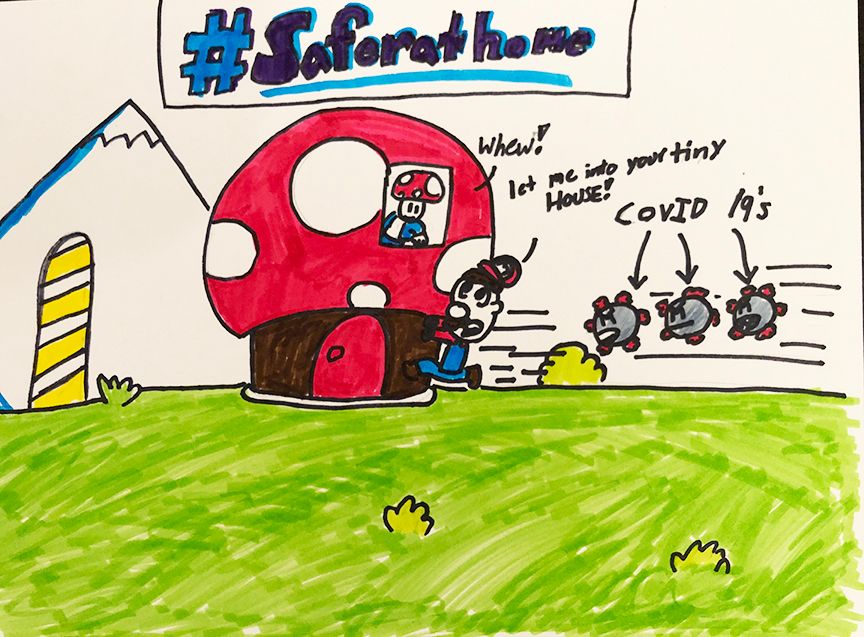
In her submission, Nancy gives a detailed and biting account of her daily routine as a health care food service worker who isn’t provided with PPE: taking her morning temperature with a food thermometer because it’s the only kind she has on hand; rubbing onion on her fingers to remember not to touch her face; scrounging for sanitizing wipes in the workplace.
“Ignore the fleeting thought that all this sanitizer will create an even worse super bug,” she writes. “You are Essential, live in the moment!”
Stories like Nancy’s help highlight the stress and uncertainty of the moment, as well as how life under the pandemic has not been equitable, Cantwell says.
Though students did actively reach out for some of the materials on the site — like by conducting oral histories — and other undergraduates sent in some of the photography exhibits, Cantwell says many of the posts flowed in organically from the community. He thinks that contributing to the archive was a way for some Milwaukee residents to find purpose in a time that is otherwise isolating.
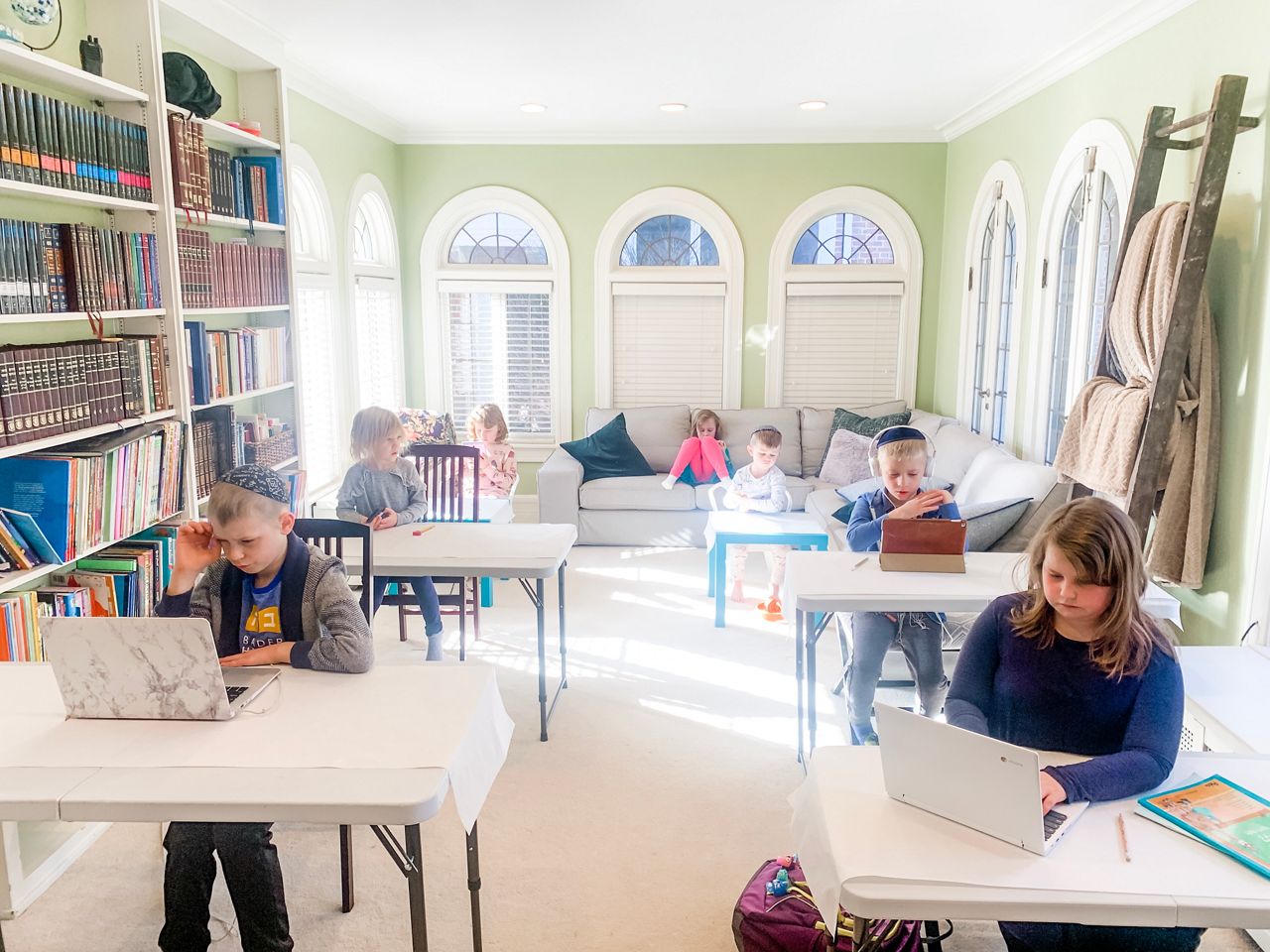
“For some people, it’s helped them process through this moment,” Cantwell says. “By contributing to a public archive, it’s ensuring their moment has meaning that will be preserved for future generations."
Recently, the community contributions have slowed down, he adds, even though the pandemic is by no means over. The digital archive is still open for submissions, and Cantwell says they’re especially interested in collecting more materials related to the reopening process.
While the situation isn’t novel anymore, and living through history can get exhausting, Cantwell encourages people to “not stop remembering this moment.”
“At the end of the day, we — as individuals and as a community — are really just the stories we tell ourselves,” he says.



